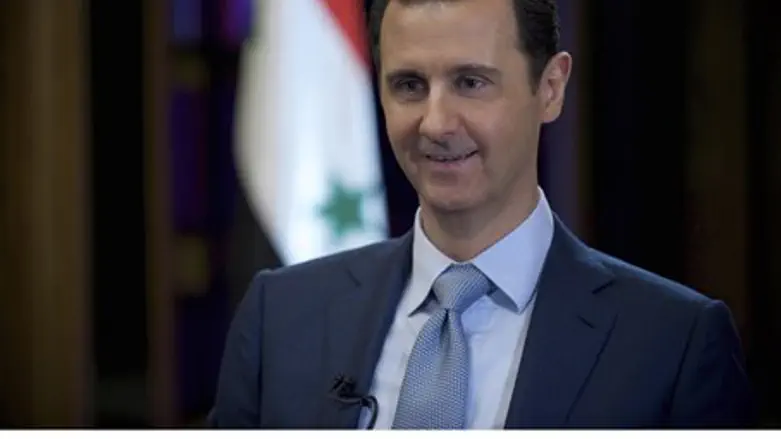
The uncle of Syrian President Bashar al-Assad is under investigation in France for amassing a 90-million-euro ($97.7 million) fortune, including a stud farm and luxury apartments, despite being kicked out of Syria "with nothing" 30 years ago.
French investigators have provided details to AFP of their year-long probe into the finances of Rifaat al-Assad, the younger brother of late dictator Hafez al-Assad.
Rifaat has spent more than 30 luxurious years moving between homes in Paris, London and the southern Spanish city of Marbella since he was forced into exile for trying to seize power from his brother.
His family's assets, outlined by French customs in a May 2014 report, are valued at around 90 million euros - much of it held through a web of businesses based in Luxembourg.
The inventory includes a stud farm near Paris, as well as two mansions, two apartment blocks and a plot of land in the French capital.
Rifaat told investigators he "had nothing" when he left Syria, having always given his wages away to the poor, according to a source close to the investigation.
"It was (then French president) Francois Mitterrand who asked me to come to France...he was very kind," Rifaat said, according to the source.
The investigation into Rifaat's finances was triggered by Sherpa, an activist group representing the victims of financial crime, which claims the fortune was stolen during his time at the heart of the Syrian regime.
The family claims it is the result of gifts from wealthy Saudi supporters, including former king Abdullah, with whom Rifaat shared a love of horse-racing.
"The stud farm was given to my father by prince (later king) Abdullah of Saudi Arabia," Rifaat's 43-year-old son, Soumar al-Assad, told investigators earlier this year.
Rifaat claims he invested these gifts in property, but did not keep a close eye on the details.
"I only occupy myself with politics," he said, according to the source. "They bring me papers to sign...I don't know how to pay, even in restaurants."
Other members of the family have given evidence that Saudi backers have supported them ever since their exile in the 1980s.
Rifaat "lives principally from the sale of apartments...and from the regular help of Saudi Arabia."
"It is not Syrian money," said his lawyer Benjamin Grundler.
However, Syria expert Fabrice Balanche, of CNRS University in Lyons, told the probe he is highly skeptical about the explanations.
"Saudi Arabia has no interest in supporting Rifaat, who doesn't represent anything," he told investigators.
Rifaat commanded Syria's notorious internal security forces in the 1970s and early 1980s.
Those forces carried out the bloody Hama massacre in 1982, which crushed a small Islamist uprising by the Muslim Brotherhood, killing between 10,000 and 25,000 civilians in the process, according to Amnesty International.